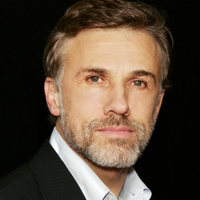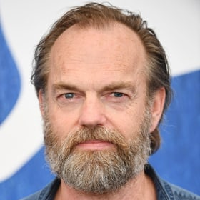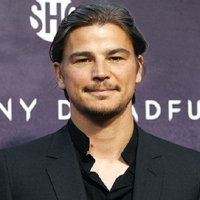Anatoly Solonitsyn typ osobowości MBTI
Osobowość
"Jaki typ osobowości jest {profilename}? {profilename} jest typem osobowości {mbti} w mbti, {enneagram} - {iv} - {tritype} w enneagram, {big5} w Big 5, {sociionics} in Socionics."
Biografia
Anatoly Alekseyevich Solonitsyn (Anatoli, Anatoliy; Russian: Анатолий (Отто) Алексеевич Солоницын; 30 August 1934 – 11 June 1982) was a Soviet actor known for his roles in Andrei Tarkovsky's films. He won the Silver Bear for Best Actor at the 31st Berlin International Film Festival. His debut in cinema was in the Sverdlovsk Film Studio's short film The Case of Kurt Clausewitz (1963), directed by Gleb Panfilov. Solonitsyn is best known in the west for his roles in several of Andrei Tarkovsky's films, including Dr. Sartorius in Solaris (1972), the Writer in Stalker (1979), the physician in Mirror (1975), and the title role in Andrei Rublev (1966). Indeed, it was Tarkovsky who "discovered" him in the casting process for Andrei Rublev. Solonitsyn was an unknown provincial theater actor from Sverdlovsk at the time, but he took the opportunity to go to Moscow and try himself in the casting for the Andrei Rublev role. Historical consultant of the movie saw the photos of actors from the casting, pointed to a photo of Solonitsyn and said to Tarkovsky: "This one is Rublev". In his book Sculpting in Time, Tarkovsky calls him his favorite actor, and writes that Solonitsyn was intended to play the lead roles in each of his films Nostalghia (1983) and The Sacrifice (1986), but the actor died before their production. Tarkovsky admired Solonitsyn's ability to fully embody the ideas of the director. When Tarkovsky was considering making a film adaptation of Dostoevsky's famous novel The Idiot, Solonitsyn was even ready to do the plastic surgery to look more like the great Russian writer.
Osobowość correlate

Mads Mikkelsen

Lily-Rose Depp

Eva Green

Bill Skarsgård

Christoph Waltz

Monica Bellucci

Björn Andrésen

Ester Expósito








